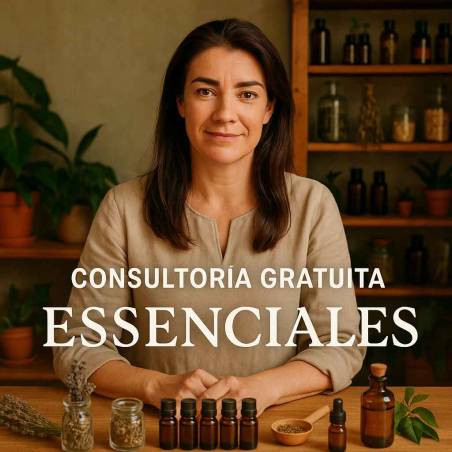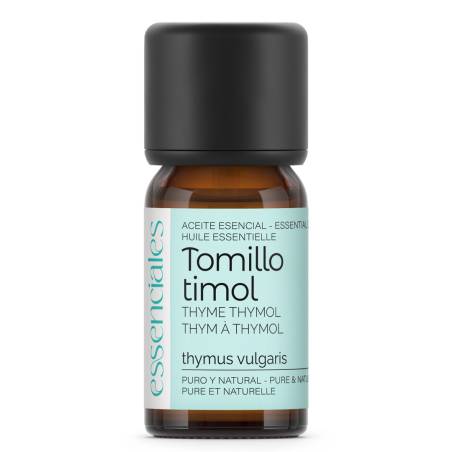Food and cosmetic-grade pharmaceutical glycerin (PhEUR USP) is a highly versatile, pure, and safe ingredient extracted from plant sources such as soybean, palm, or coconut oils, with applications in a wide range of cosmetic and food products. With its smooth texture and slightly sweet taste, glycerin is known for its moisturizing and hydrating properties, making it an essential component in formulations that aim to retain moisture, improve texture, and provide a pleasant user experience. This high-purity glycerin meets pharmaceutical and food standards, ensuring safety and effectiveness for daily use.
General Properties of Vegetable Glycerin
Glycerin is a colorless, odorless, and thick compound that acts as a natural humectant, helping to attract and retain moisture in the skin and other products. Thanks to its ability to absorb water, this ingredient is ideal for keeping both skin and food hydrated. Additionally, its plant origin makes it suitable for those seeking natural, safe, and chemical-free options.
Organoleptic Description
- Color: Transparent and colorless liquid.
- Texture: Thick and viscous, with a smooth and pleasant application on both skin and food.
- Aroma and Taste: Its taste is slightly sweet, without being overpowering, and its aroma is nearly neutral, allowing it to be used in cosmetics and food without altering fragrances or flavors of the formulation.
Cosmetic Uses of Vegetable Glycerin
Vegetable glycerin is highly valued in cosmetics for its moisturizing and humectant properties, making it a staple ingredient for keeping skin soft and protected from dryness. By drawing moisture from the environment to the skin, glycerin helps to improve elasticity and texture, providing long-lasting hydration. Due to its purity and safety, this glycerin is suitable even for sensitive and dry skin, acting as a natural soothing agent that helps reduce irritation and redness.
Cosmetic Benefits
-
Deep Hydration: Vegetable glycerin retains water in the upper layer of the skin, improving its natural moisture barrier. This makes it ideal for dry and dehydrated skin, helping to keep skin soft and elastic.
-
Soothing for Sensitive Skin: With its pharmaceutical-grade purity, glycerin is an excellent soothing agent for sensitive or problem-prone skin, such as eczema or dermatitis. Its ability to soften and nourish the skin makes it suitable for use in formulations for children and people with delicate skin.
-
Texture Enhancer in Products: Glycerin also improves the texture of cosmetic products, making them smoother and easier to apply, which is why it is a key component in lotions, creams, serums, and hair care products.
-
Natural Anti-aging: By keeping the skin hydrated and protected from dryness, glycerin helps prevent the appearance of fine lines and wrinkles, providing a more youthful and radiant look.
Cosmetic Applications
- Creams and Lotions: Its humectant effect is ideal for facial and body moisturizers.
- Facial Serums: Added in small amounts, glycerin retains moisture on the face, giving a fresh appearance.
- Shampoos and Conditioners: Adds softness and shine, improving hair texture and keeping it hydrated.
- Hand and Lip Care Products: Glycerin helps keep hands and lips free from dryness and cracking, providing quick and effective relief.
1. Hydrating Facial Spray
Ingredients:
- 1/2 cup distilled water
- 1 tablespoon vegetable glycerin
- 5 drops lavender essential oil (calming) or rose (moisturizing)
- 1 teaspoon aloe vera gel (optional, for extra hydration)
Instructions:
- Mix all ingredients in a spray bottle and shake well.
- Spray onto clean face, keeping eyes closed. Use as a light moisturizer before makeup or as a refresher during the day.
Benefits: Glycerin and aloe keep the skin hydrated and soft, while the essential oil adds a calming fragrance and additional skin benefits.
2. Smoothing Hand Cream
Ingredients:
- 1/4 cup shea butter
- 1/4 cup sweet almond oil (moisturizing)
- 1 tablespoon vegetable glycerin
- 5 drops geranium essential oil (firming and calming)
Instructions:
- Melt the shea butter in a double boiler and add the sweet almond oil. Remove from heat and let cool slightly.
- Incorporate the glycerin and essential oil, mixing well.
- Pour into a clean jar and let cool completely. Use on hands and dry areas to keep them soft and hydrated.
Benefits: Glycerin and shea butter retain moisture in the skin, leaving hands incredibly soft and protected from dryness.
Food Uses of Vegetable Glycerin
In the food field, food-grade vegetable glycerin is a safe ingredient that acts as a humectant, sweetener, and stabilizer. Its slightly sweet taste makes it an excellent option to improve the texture and flavor of certain foods without adding additional sugars. It is also used to maintain freshness and extend the shelf life of products, thanks to its ability to retain moisture and prevent food from drying out.
Food Benefits
-
Natural Preservative: By keeping foods hydrated, glycerin helps to preserve product freshness for longer, preventing them from hardening or drying out.
-
Low-Calorie Sweetener: Its mild, sweet flavor makes it a natural sugar replacement in low-calorie products, ideal for those seeking healthier options.
-
Texture and Softness: Glycerin provides a soft, flexible texture in certain food products, such as energy bars, frostings, and pastries, improving the eating experience.
-
Aids Digestion: In some supplements and specialty products, glycerin is used as a nutrient absorption vehicle and aids digestion, enhancing the bioavailability of certain ingredients.
Food Applications
- Energy and Protein Bars: Glycerin is used in bars and supplements to improve texture and keep them soft.
- Baking Products: It is a key ingredient in frostings and coatings, helping retain moisture and maintain a pleasant texture.
- Natural Sweetener in Sugar-Free Products: Used in specialty diets like keto or diabetic, glycerin lightly sweetens without altering glucose levels.
- Fruit and Candy Preservation: Glycerin helps preserve the freshness of dried fruits and candies, preventing them from hardening.
Frosting for Cakes and Cookies
Ingredients:
- 1 cup powdered sugar
- 1 tablespoon vegetable glycerin (keeps frosting soft and prevents hardening)
- 2-3 tablespoons water (adjust to desired consistency)
- 1/2 teaspoon vanilla or almond extract (optional, for flavor)
Instructions:
- Sift powdered sugar into a bowl and add glycerin and vanilla extract.
- Add water, one tablespoon at a time, until you achieve a thick and smooth consistency.
- Use frosting to cover cakes, cookies, or cupcakes. Let set until firm to the touch.
Benefits: Glycerin keeps the frosting soft and slightly glossy, preventing it from hardening and losing its creamy texture.
2. Soft Candied Fruits
Ingredients:
- 1 cup dried fruit (mango, pineapple, papaya, etc.)
- 2 tablespoons vegetable glycerin (keeps fruits juicy)
- 1/4 cup water
- 1 tablespoon honey or sugar (optional, for extra sweetness)
Instructions:
- In a bowl, mix water and glycerin with honey or sugar.
- Add dried fruits and stir until well coated.
- Refrigerate for at least 2 hours or overnight to allow the fruits to absorb the liquid and become juicier.
Benefits: Glycerin helps keep dried fruits soft and juicy, preventing them from hardening.
Precautions
Food and cosmetic-grade vegetable glycerin is safe and generally well-tolerated in both topical applications and consumption. However, it is advisable to use it in moderate concentrations in cosmetic products, as excessive use may cause a slightly sticky sensation on the skin. In the food field, it is important to follow product dosage instructions.
Conclusion
Food and cosmetic-grade vegetable glycerin is a multifaceted ingredient that offers benefits in both skin care and food. With its ability to retain moisture, improve texture, and soften products, it is an essential choice for any cosmetic or food formulation seeking quality and effectiveness. Perfect for hydrating skin, maintaining food freshness, and adding a pleasant texture, this glycerin is a must-have for both the pantry and personal care routine.
































